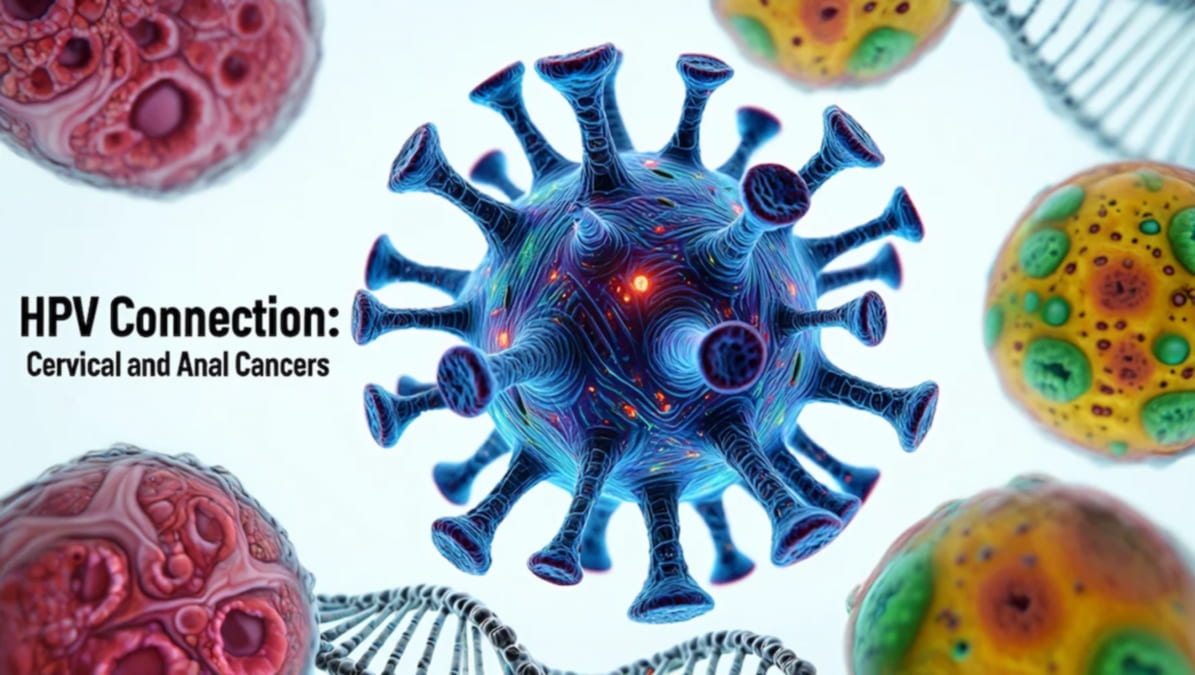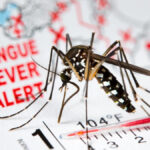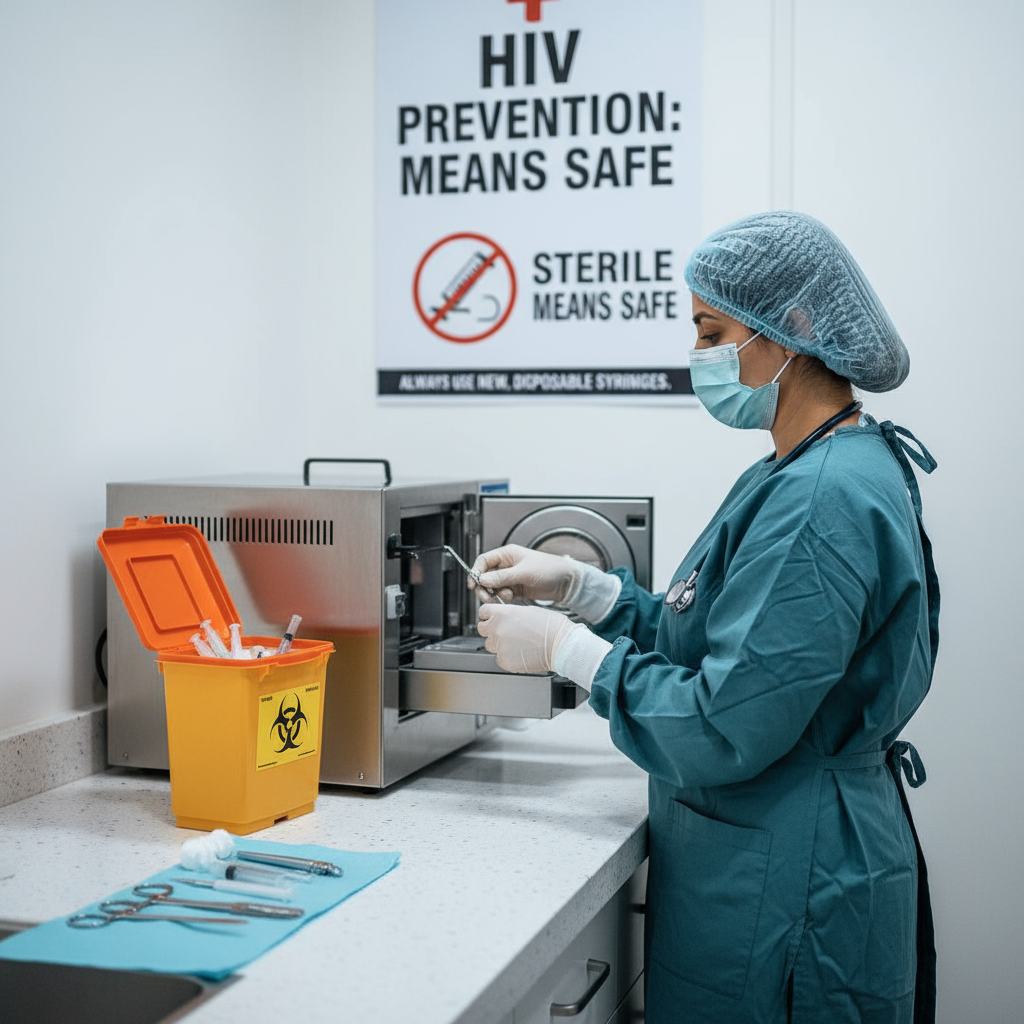A new study has revealed that women who have survived cervical cancer may face a significantly higher risk of developing anal cancer, underscoring the urgent need for continuous monitoring, preventive strategies, and increased awareness about long-term health risks. Experts explained that the primary link between these two cancers is the human papillomavirus (HPV), which is the leading cause of both cervical and anal cancers. Although advances in screening and treatment have improved cervical cancer survival rates, researchers cautioned that successful treatment does not eliminate the possibility of future HPV-related cancers. “Our findings suggest that cervical cancer survivors should be carefully monitored for anal cancer, particularly those with a history of persistent HPV infection,” the lead author of the study emphasized. The analysis showed that women with a previous history of cervical cancer face several times greater risk of anal cancer compared to the general population, and in many cases the disease appeared several years after recovery. Specialists advise survivors to remain alert for symptoms such as bleeding, pain, or changes in bowel habits, as early detection is crucial for effective treatment and better outcomes. Preventive strategies including HPV vaccination, routine screenings, and targeted follow-ups are vital in lowering risks, while health awareness campaigns are necessary to educate women about the importance of long-term vigilance. Experts also recommend incorporating anal cancer screening into survivorship care plans, particularly for those with persistent HPV strains. While cervical cancer treatments are becoming increasingly effective, this research highlights that vigilance must continue well beyond initial recovery, as HPV can remain dormant and trigger new cancers later in life. Ultimately, the findings serve as a critical reminder that surviving cervical cancer does not end the journey, and continued prevention, awareness, and timely care are essential to protecting long-term health.
Cervical Cancer Survivors Face Elevated Risk of Anal Cancer, Study Warns






